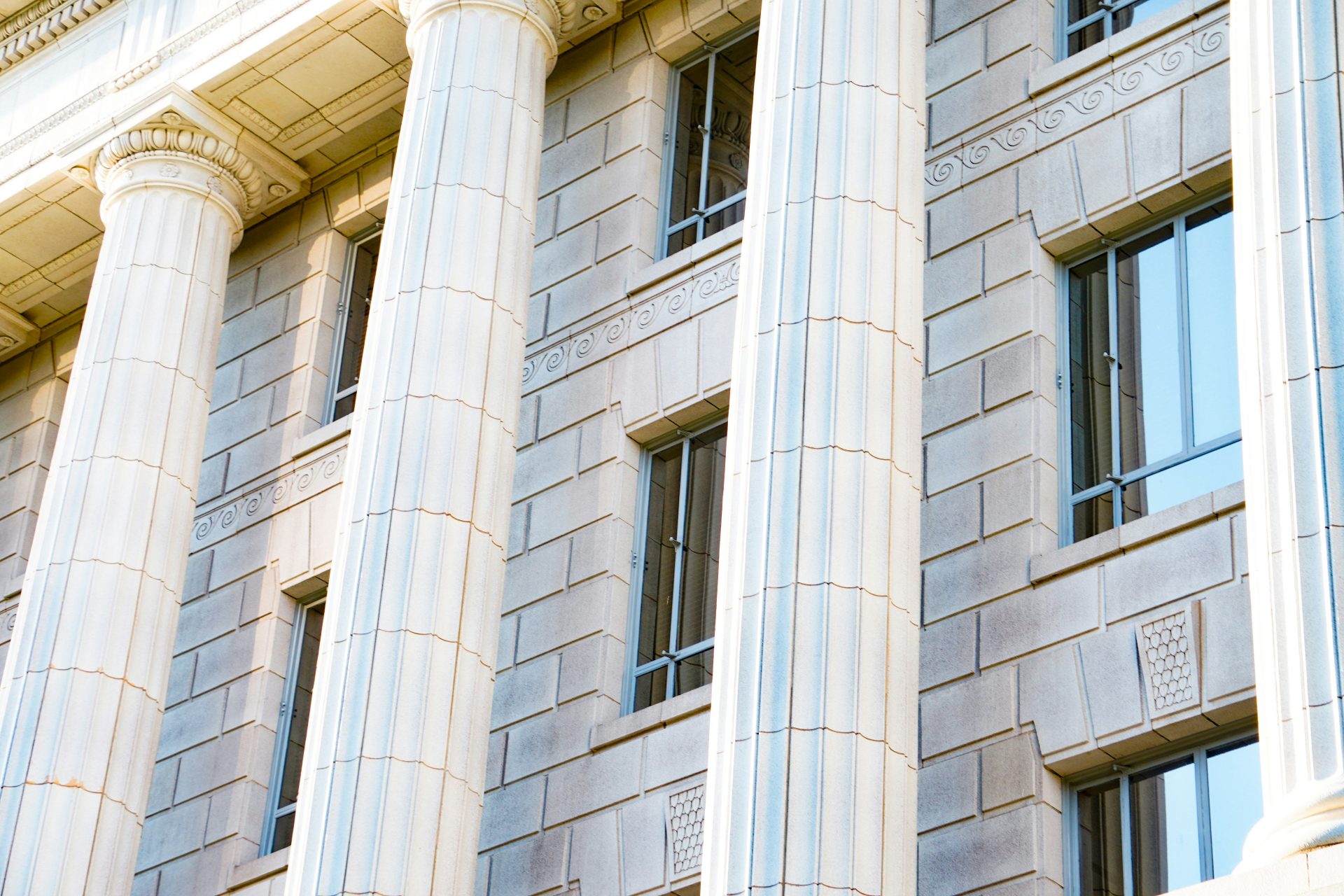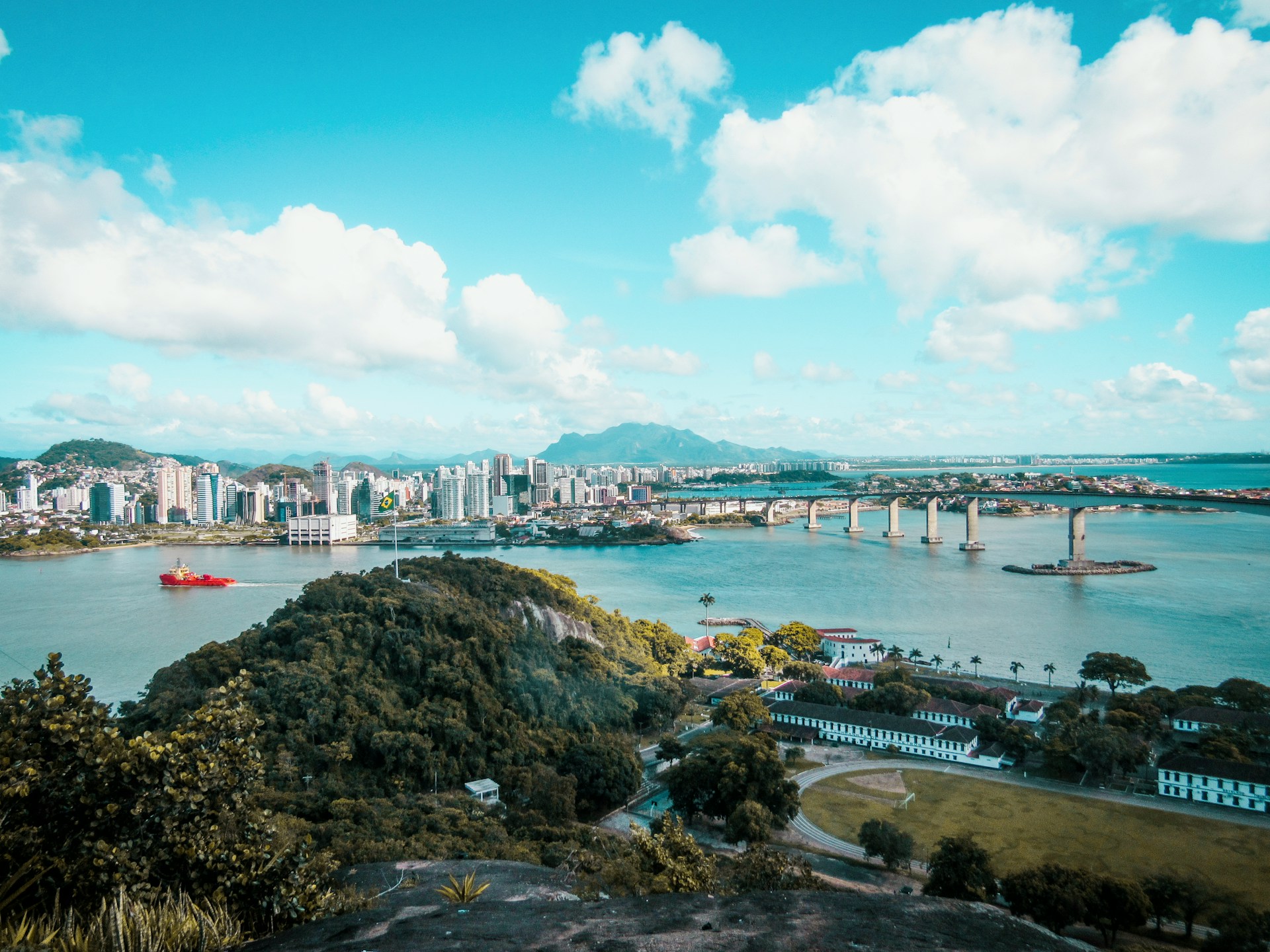Governments Are Often the Obstacle to Poverty Eradication
Their centralization of power, excessive bureaucracy, and resistance to innovation sustain the status quo they claim to oppose
Consider a bond for poverty eradication, offering a 12% annual return in U.S. dollars over 20 years. With such an attractive yield, raising $10 to $100 billion in international capital markets by a reputable institution would be a matter of commitment rather than feasibility. This capital could be channeled toward the development of ZAPEs (Zones of Accelerated Poverty Eradication), or, in more accessible terms, Cities 5.0: privately managed urban areas designed to elevate disadvantaged populations to substantially higher socioeconomic levels.
Governments frequently monopolize poverty alleviation, framing it as an exclusive element of their mandate. In doing so, they increase tax burdens on the broader population, justified by alleged market failures, only to redistribute resources in the name of equity. Yet, government institutions often exhibit systemic contradictions that undermine effective action. By contrast, capital markets are primarily driven by wealth creation incentives, compelling rigorous risk management and economic sustainability—qualities often lacking in public sector initiatives.
In the City 5.0 model, site selection is paramount. Challenges such as limited access to potable water, insufficient electrical grid connectivity, or inadequate logistics for inbound supplies and outbound distribution would deter private investment. The population would predominantly consist of carefully selected migrants based on the quality of human capital—akin to how private firms recruit to minimize operational risk and maximise returns. Such targeted selection would be politically and legally contentious for democratic governments, frequently leading to misallocated capital and wasted resources, including investments in regions destined for failure.
City 5.0 originates on greenfield sites and comprises autonomous subcities or communities 5.0 of approximately 10,000 inhabitants, anchored by a leading company and its supply network. Together, they form an ecosystem that generates employment and serves as the economic engine of this special economic zone. This model is vital because the success of the initial community raises land values, enabling investment in subsequent subcities. Unfortunately, the financial discipline and long-term vision inherent to private sector investment are often supplanted in government projects by political ambitions focused on short-term electoral gains, to the detriment of sustainable social welfare.
The political dependency created by wealth redistribution policies that prioritize poverty relief over eradication fosters a cycle of mutual reliance between beneficiaries and providers, perpetuating poverty rather than resolving it. Instead of pursuing structural reforms such as City 5.0, which empower individuals and address root causes, governments frequently maintain palliative measures that sustain the status quo.
Industrial innovations responsible for dramatic price reductions in consumer technologies—such as computers, televisions, and solar panels—offer a template for the City 5.0 approach. The aim is for poverty alleviation to follow a similar trajectory of cost and risk reduction over time.
However, governments typically struggle with such transformations due to legal rigidity, challenges in reallocation of resources, bureaucratic inertia, slow technological adoption, and political conflicts of interest. Emulating the private sector’s agility, efficiency, and results-driven ethos—which underpinned the democratization of access to technology—is the most viable path toward sustainable social and economic inclusion.
That said, the private sector is not immune to malfeasance, as demonstrated by scandals involving Wirecard, Theranos, and FTX. To mitigate these risks, the PRIME Society has been established: a private, nonprofit federation tasked with regulating this emerging market. Its mission is to define clear standards that characterize a City 5.0, alongside criteria for financing, construction, operation, and auditing.
Crucially, the ecosystem must be organised and coordinated, involving municipal, state, and federal governments; legislative and executive branches; NGOs; investors; construction firms; city operators, education, healthcare, and private security; academia; volunteers; and others. This collective effort aims to ensure transparency, good governance, and accountability, fostering sustainable and ethical development.
It is essential that operators of these cities be selected based on meritocratic criteria—practices common in corporate settings but often unattainable in traditional public administration. Standardized reporting and disclosures inspired by publicly traded companies will enable investors to allocate capital efficiently, rewarding performance and discouraging mediocrity.
This stands in stark contrast to the prevailing political environment, where ineffective public managers continue to receive public funds without sufficient accountability or mechanisms for resource reallocation. Embracing scientific management based on empirical evidence rather than ideology offers the potential to maximise social returns and deliver consistent, sustainable outcomes.
Rather than relying on donations or non-refundable investment, we advocate for cultivating a culture in which investors who advance the welfare of the most vulnerable are duly rewarded for their vision and risk-taking. This new paradigm transforms philanthropy into a lever for sustainable development, aligning incentives and outcomes.
You can contribute today: by financially supporting or volunteering with the PRIME Society; by voting exclusively for politicians who endorse this vision; by advocating for legislation that guarantees legal certainty for investors in Cities 5.0; by encouraging government executives to engage with this initiative; and by inviting corporations, NGOs, and investors to join this transformative movement.
In conclusion, governments often pose the greatest obstacle to the full and sustainable eradication of poverty. Currently, over 40% of the costs associated with building and operating a City 5.0 arise from taxes, bureaucratic delays, financial charges, interest, and inflation. Moreover, legal uncertainty and currency devaluation—primarily attributable to government actions—represent the most significant risks for investors.
These barriers increase project costs and deter capital allocation, impeding prosperity generation. Thus, any serious strategy to eradicate poverty must confront the limitations imposed by state apparatuses and create secure, sustainable environments conducive to inclusive development.
Would you like to engage in this conversation? Share your suggestions or feedback with the author on LinkedIn or X.
The PRIME Society will host the event “City 5.0 – When Poverty Eradication Is Good Business” in major capitals across the country, aiming to spark tangible change and develop effective solutions to a challenge that has long afflicted Brazil. Join us and be part of this transformation!



